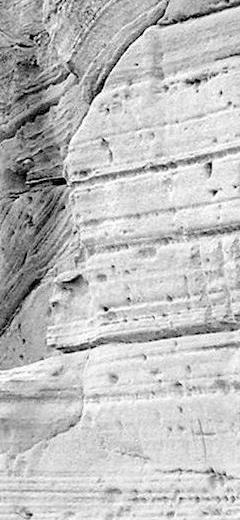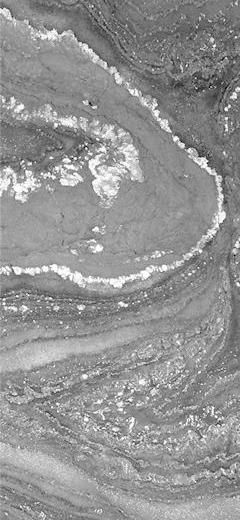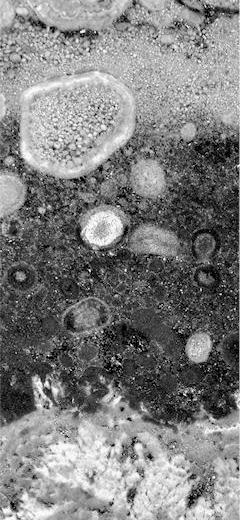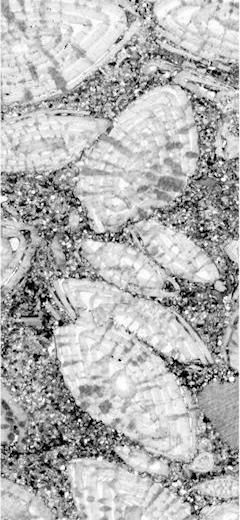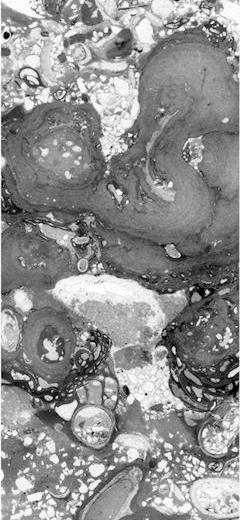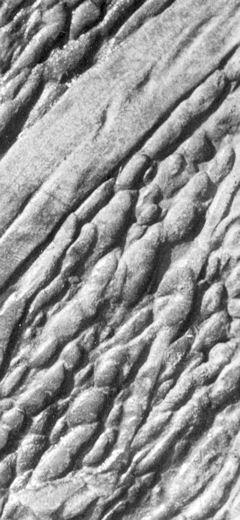ASGP (1998), vol. 68: 1-21
NEOTECTONIC EVENTS AND KINEMATICS OF RHEGMATIC-LIKE BASINS IN SICILY AND ADJACENT AREAS.IMPLICATIONS FOR A STRUCTURAL MODEL OF THE TYRRHENIAN OPENNING
Fabrizio NIGRO
Department of Geology and Geodesy, University of Palermo, C.so Tukory n. 131, 90134, Palermo, Italy
Nigro, F., 1998. Neotectonic events and kinematics of rhegmatic-like basins in Sicily and adjacent areas.Implications for a structural model of the tyrrhenian openning. Ann. Soc. Geol. Polon., 68: 1-21.
Abstract: The last few Ma kinematic history of the Southern peri-Tyrrhenian orogenic belt has been reconstructed with the purpose of delineating a possible model of its recent geodynamic evolution. Unpublished field survey data, geophysical soundings, aerial photographic support and a review of literature have been utilised in order to propose a deep structural model of mainland Sicily and adjacent off-shore areas.
A review of the published geophysical data and the interpretation of some published seismic profiles, coming from the offshore areas, facilitate the neotectonic structural setting of the Central Mediterranean. The observed field geometries of the Sicily mainland, and a comparison with the marine data, are used to formulate a dynamic model, characterised by the development of several mega-shear systems, related to the northward Africa motion and active since the late Mioceneearly Pliocene, superimposed onto a previous very complicated mobile belt geometries, that controlled the opening of several rhegmatic-like basins.
Abstrakt: W celu skonstruowania współczesnego modelu ewolucji południowego peri-tyrreńskiego pasa orogenicznego dokonano rekonstrukcji jego kinematycznej historii w ostatnich kilku milionach lat. Dostępne w literaturze dane geofizyczne i interpretacje profili sejsmicznych usytuowanych na Morzu Tyrreńskim umożliwiły poznanie neotektonicznej struktury centralnej części Morza Śródziemnego. Obserwowane na Sycylii struktury tektoniczne i ich porównanie z wynikami badań na obszarach morskich zostały użyte do skonstruowania dynamicznego modelu rozwoju licznych systemów wielkoskalowych ścięć (mega-shear) związanych z ruchem Afryki ku północy. Systemy te były aktywne od późnego miocenu do wczesnego pliocenu, oraz zostały nałożone na wcześniejszy bardzo skomplikowany mobilny pas strukturalny, który kontrolował otwieranie się basenów typu regmatycznego.

